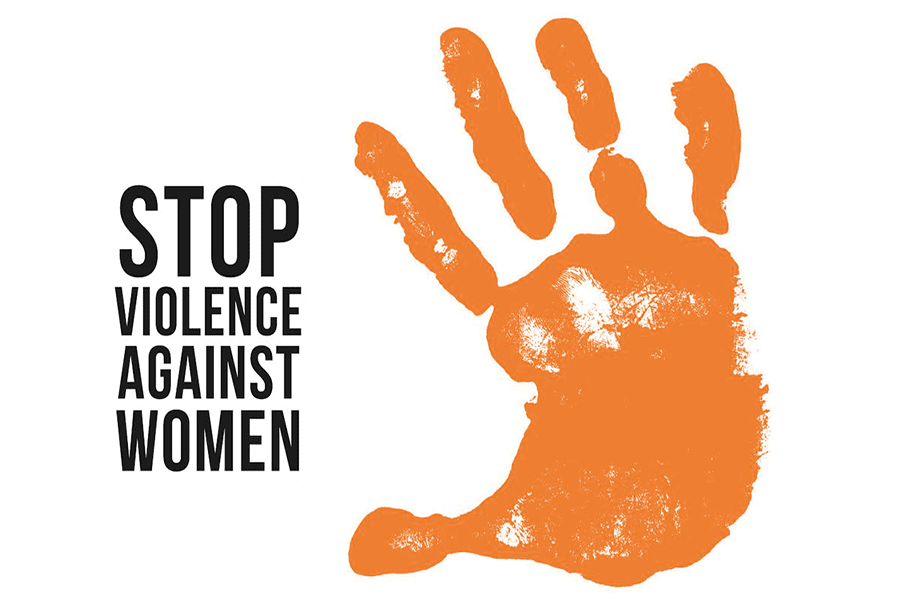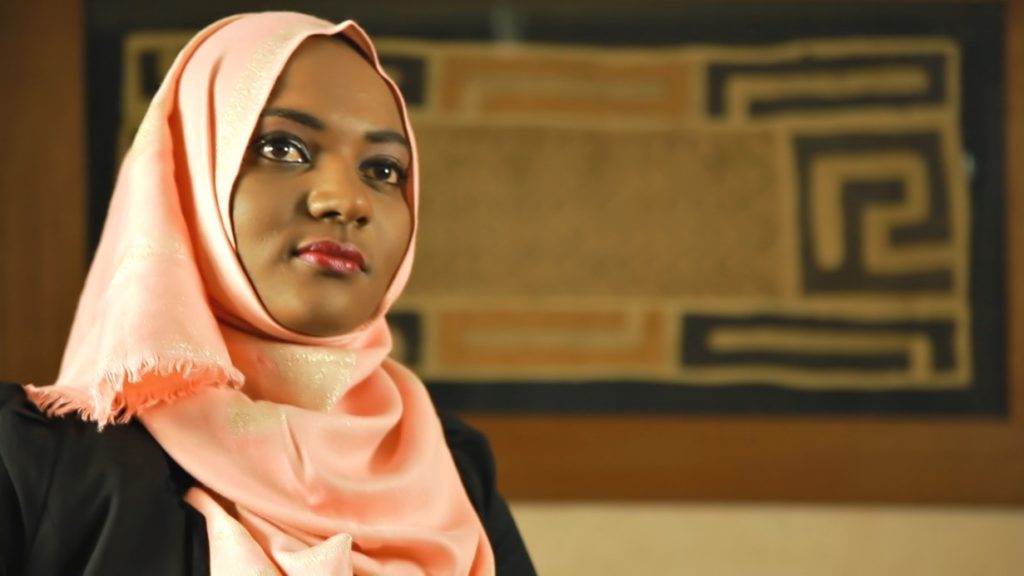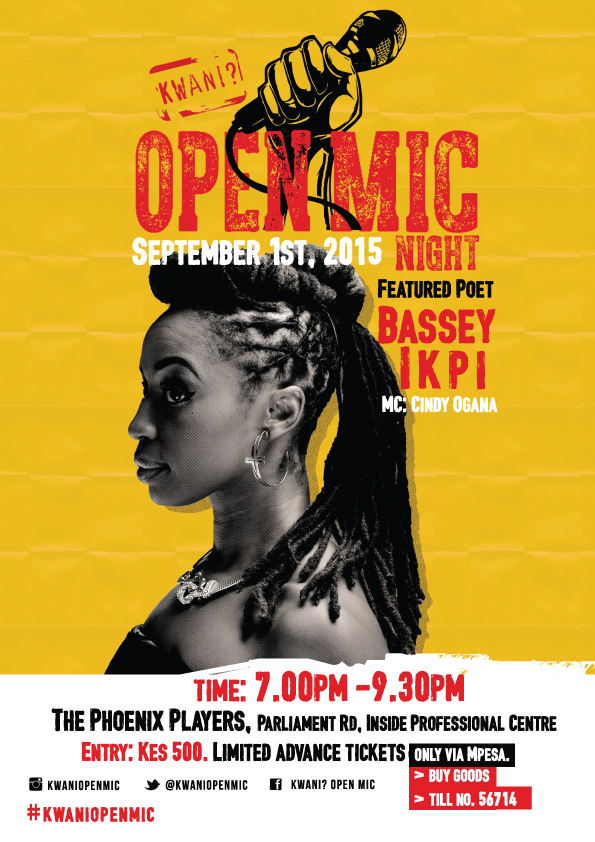In Conversation with 3 Kenyan Men on Violence Against Women

The news is filled with cases of violence against women and the statistics paint a grim picture of VAW across Kenya. I sat down with 3 Kenyan men to discuss their views on women and violence against women. These interviews are in collaboration with #ARealManis project.
1. Thank you for taking the time out for this interview. Let’s start with a little bit about your family life growing up?
Marc (27)
Thanks for having me. I am half Kenyan, half French and mostly grew up in Europe though I visited Kenya over the holidays. My parents divorced when I was young and I went to live with my mother in France though we lived to other European countries as well. I rarely saw my dad and he passed away a few years ago from cancer. I settled back into Kenya a little bit after though my mom still lives in France.
Tim (35)
Thank you for inviting me. We lived upcountry and my dad died when I was 12 so I quickly became the man of the house. It was a lot of pressure which was made worse by the fact that my late dad’s brothers were trying to pressure my mother off the house. My grandmother is the one that saved us by intervening, otherwise we would have been out on the street. My memories of my dad are quite unfortunate. I remember him as a drunkard who would come home in the middle of the night and beat my mom. To be honest, I wasn’t too sad or surprised when he died.
Solomon (30)
The pleasure is all mine. I had a very happy childhood. My parents were both lecturers and gave me and my siblings the best they could. They were also very involved in our education and gave me a passion for reading and learning. I’m currently pursuing my PhD. They’re retired and still happily married.
2. What was the view of women and violence against women growing up and what is it in the present?
Marc (27)
I think for me there was a difference in the way women were treated in Kenya and in Europe. The gender roles were more evident in Kenya and it was always a little odd to me to be seated all day when we visited upcountry while the women cooked and served the food. My mother would never allow that at home but reluctantly agreed to it in Kenya. I admit that I didn’t mind it too much growing up as it made me feel special and I sometimes thought it was a good thing that African women knew how treat their men. I changed my mind later when I realized that this was unpaid labour and the repercussions it had on women’s lives.
Tim (35)
My uncles were not fond of my mother and I got discriminated against at school because I did not have a father. I was very protective of my mother and grew up resenting the burdens that were placed on women by men simply because they could. It drove me to be a better man than my father and uncles and now that I have my own family, I go out of my way to treat my wife and children with the utmost respect and love.
Solomon (30)
To be honest, it never crossed my mind. I don’t even recall a conversation on the subject as a child. My parents were quite liberal so there were no privileges for my brother and I as compared to my two sisters. We all helped with the housework and cooking and had the same expectations placed on us. I think probably campus is where I learned that not everyone viewed women as equals and I am ashamed to say that despite my upbringing, I took part in harassing women. The worst of it all was when I hit my ex-girlfriend a few years ago. I couldn’t believe the man I had become and it took a lot of work and cutting off many friends to get back on track to who I wanted to be.
3. Do you think you contribute to violence against women?
Marc (26)
Personally, I wouldn’t say I have directly contributed because I have never been violent to anyone let alone a woman, but I do recognize that by being a man and the privileges that come with it I contribute to women’s unsafety.
Tim (35)
I’ve never thought about it. I don’t think so. I try my best to treat women with respect and if I do fail sometimes, it is not intentional.
Solomon (30)
Yes. From not standing up for the women I saw being harassed and violated over the years to abusing one that cared for me. I am ashamed of the role I’ve played in this.
4. How do you think you can contribute to ending violence against women?
Marc (26)
I struggle to do this but I know it’s to keep the men around me accountable. It’s so much easier to laugh it off when one of my friends harasses a woman than to tell him to stop. I guess we’ve convinced ourselves that it’s not a big deal if it’s not an extreme form of violence but what’s the guarantee that I would stand up to a friend who rapes a woman if I can’t even say anything when it comes to harassment?
Tim (35)
Standing up to perpetrators, supporting victims and pushing for harsher punishments for perpetrators. I do my best with the women in my life but I know it’s not enough because I can’t protect them all the time and, not all women have men that care for them.
Solomon (30)
I think the first step for all men is to recognize we can easily become perpetrators of violence and we must therefore be constantly working to guard against this. Also, we must hold other men accountable as it’s not enough to be a good man if the rest are not.
5. What does being a man mean to you?
Marc (26)
This is a tough one because I’m still figuring it out. A lot of the definitions are toxic with a lot of them focused on dominance and bravado. I think manhood is being honourable, trustworthy, standing for something, respecting everyone, kindness. I just think we need to celebrate positive traits and make them what we should aspire to.
Tim (35)
It means being responsible, willing to be held accountable and dependandle. It means respecting everyone and standing up to those who harm others.
Solomon (30)
It means admitting when I am wrong. He humbles himself and works on becoming a better person. He is willing to learn and do better.
http://www.mwendengao.com/2017/10/04/conversation-3-kenyan-men-violence-women/LifestyleGender based violence,Pawa 254,violence against women



Trés bien